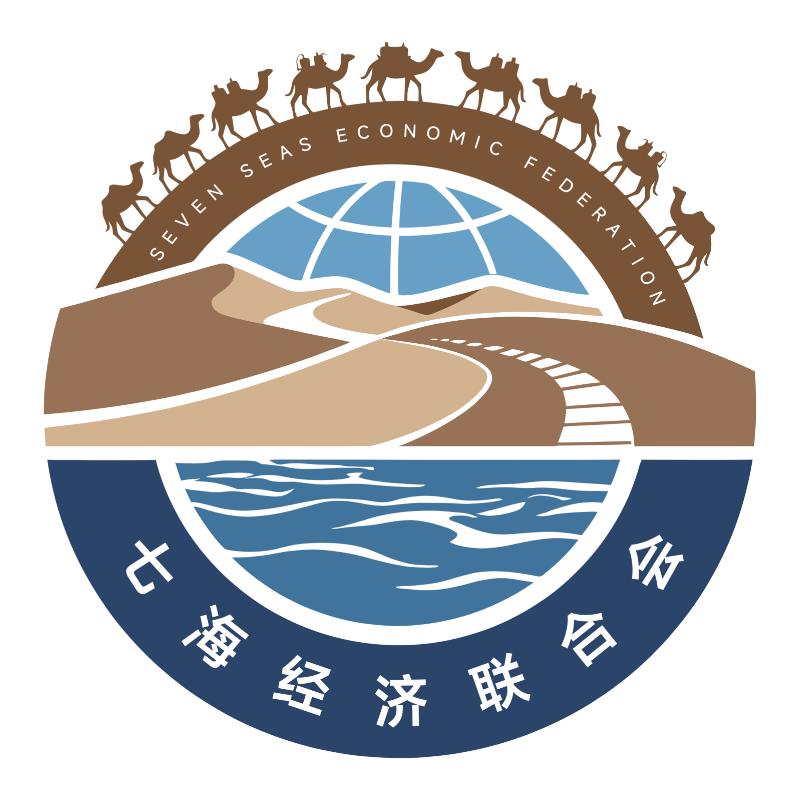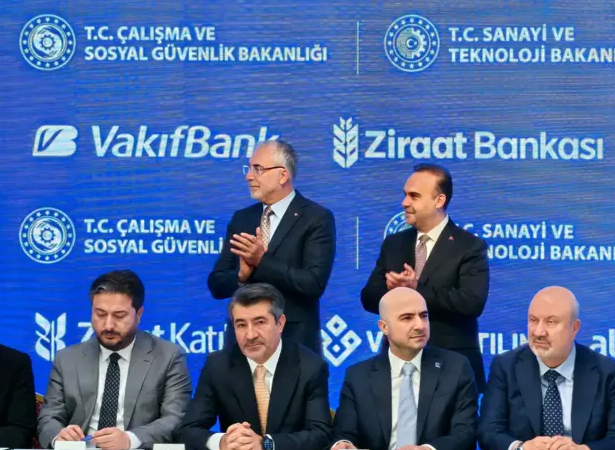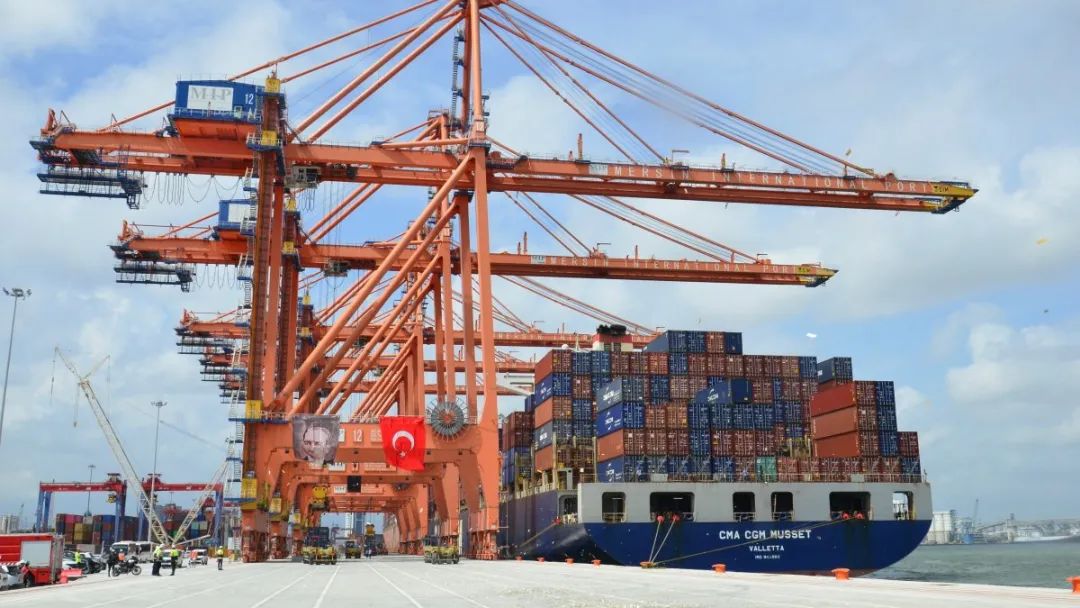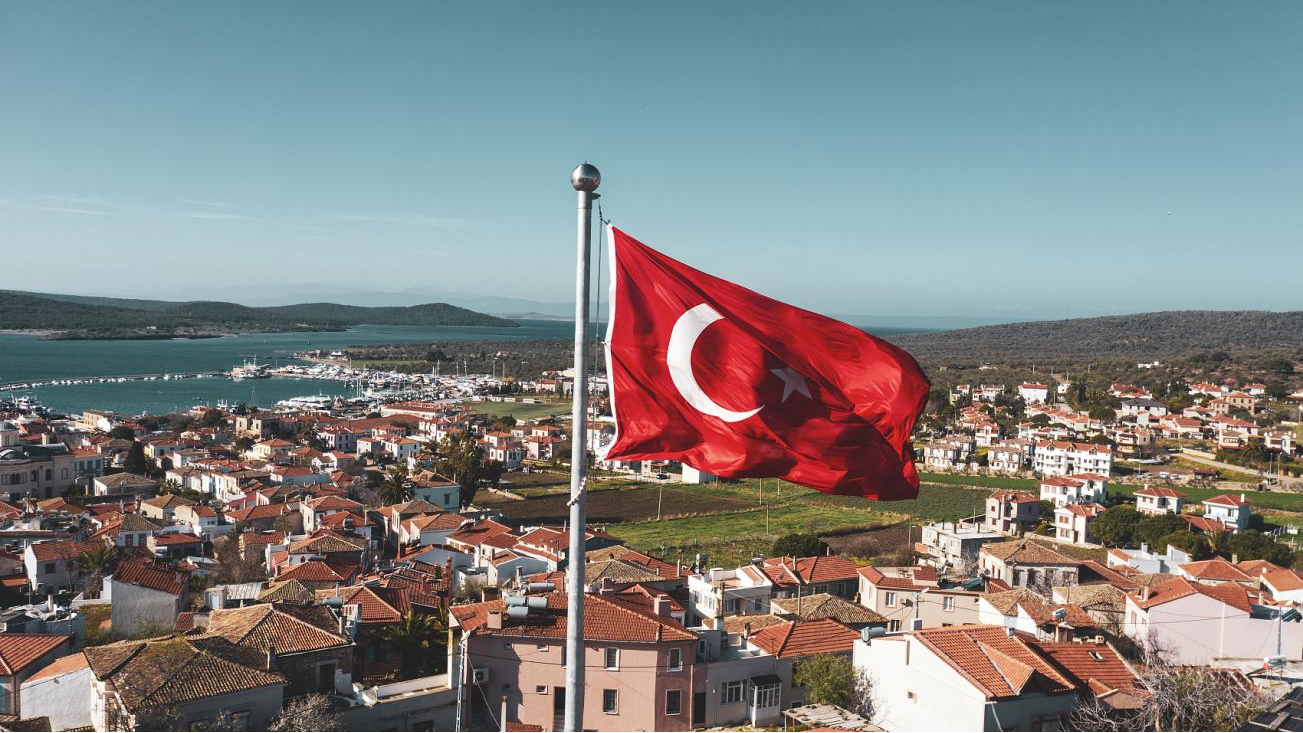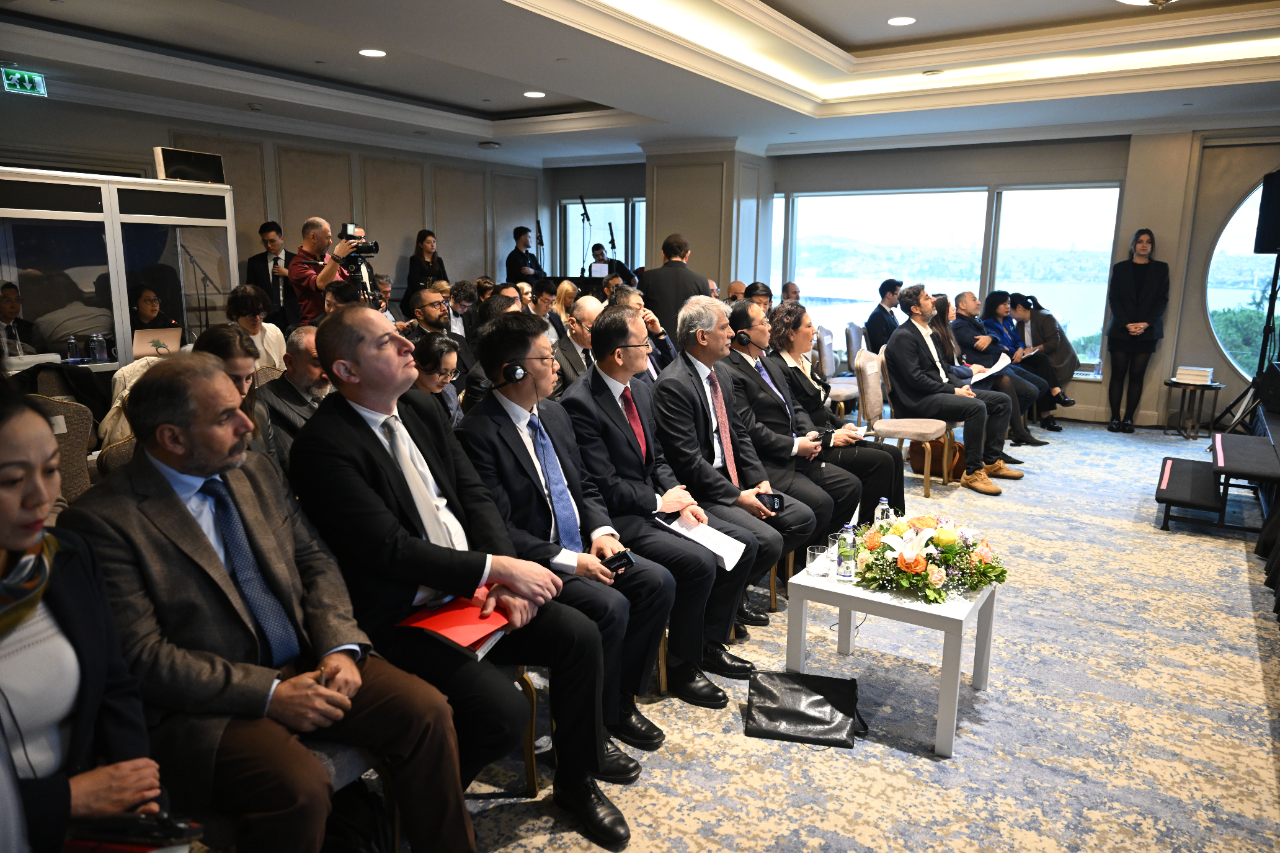Compliant operation in Türkiye
Before conducting business activities in Türkiye, enterprises should fully understand the relevant laws and regulations of Türkiye in labor employment, finance and taxation, intellectual property protection, data privacy protection, trade control, anti unfair competition, environmental protection, etc., to ensure compliance and prevent investment risks.

1. Employment of Labor
One of the most important labor legislation in Türkiye is the Labor Law. Other important laws, regulations, and binding documents related to employment matters include the provisions of Law No. 1475 on severance pay, the Labor Health and Safety Law, trade unions, and collective bargaining agreements.
Working hours and vacation
Generally, the working hours in Türkiye shall not exceed 45 hours per week, and the statutory overtime shall not exceed 270 hours per year (90 days at most). The overtime pay for employees is 50% of their daily salary, and the overtime pay for public holidays is approximately double their daily salary. Employees usually take 14 to 26 days of annual leave, with 14 days of paid annual leave for employees with 1 to 5 years of service; Employees with 5 to 14 years of work experience are entitled to 20 days of paid annual leave; Employees who have worked for more than 15 years are entitled to 26 days of paid annual leave.
dismiss
Notice of termination. Türkiye's laws provide extensive protection for employees. The provisions on termination of employment contracts in the Labor Law are mandatory, and any employment provisions that contradict the provisions are invalid. According to the law, termination of employment relationship includes four types: termination without reason, termination for justifiable reasons, termination through negotiation, and collective dismissal. Employers have a notification obligation and must specify the reasons for termination of employment in the notification. The notification time varies depending on the duration of employment.
severance pay
Severance pay is a tax-free compensation, and employees who have been employed for more than one year are entitled to receive this compensation, except for those who are dismissed due to unethical behavior or employees who resign voluntarily. The calculation method for severance pay compensation is to multiply the total salary of the employee in the previous month by the number of years they have worked in the company. The salary for the last 30 days of an employee is subject to a cap, which is determined annually by the Ministry of Family, Labour and Social Services.
Restrictive agreement
Confidentiality. According to the laws of Türkiye, the employee has the obligation of confidentiality. Once the employee violates this obligation, the employer has the right to reasonably terminate the employee's labor contract. (2) Non competitive behavior. Employees and employers can negotiate freely to prohibit employees from working for their employer's competitors after the termination of the labor agreement, and fines may be imposed for any violations. The validity period of non competitive behavior regulations shall not exceed 2 years, and the meaning and scope of competitors must also be clearly defined.
social insurance
According to Türkiye's Social Security Law, social insurance consists of disease and maternity insurance, pension, medical insurance and unemployment insurance. Among them, disease and maternity insurance is 2%, paid by employers, while pension, medical insurance, and unemployment insurance are paid by employers and employees in proportion.

2 Finance and Taxation
finance
Entities registered in Türkiye are required to submit financial reports to the Türkiye Capital Market Board (CMB). Listed companies are obliged to prepare and disclose financial statements on a regular basis within the legal framework under the supervision of the directors of the CMB. ① Annual financial report. The board of directors of a joint-stock company and the legal representative of a limited liability company are responsible for the company's annual activity report and financial statements. The annual financial statements should include the balance sheet, current assets, fixed assets, etc., with amounts in lira.
Accounting standards.
Türkiye also adopts four accounting standards, including the Unified Accounting System, the Unified Chart of Accounts, Türkiye Financial Reporting Standards, and the Financial Reporting Standards for Large and Medium sized Enterprises.
Generally, enterprises that need to conduct independent audit shall prepare financial reports in accordance with Türkiye Financial Reporting Standards, and some enterprises that do not apply the standards (such as unlisted large and medium-sized enterprises) shall prepare financial reports in accordance with the Financial Reporting Standards for Large and Medium sized Enterprises. Enterprises that do not require independent auditing shall prepare financial reports in accordance with the Unified Accounting System. The Unified Chart of Accounts applies to all types of enterprises. Enterprises that meet any two of the following conditions must undergo independent auditing: (1) total asset value of 35 million lire or more; (2) Annual net sales revenue of 70 million lire or more; (3) The number of employees shall not be less than 175. Some companies, even if they do not meet the above requirements, must undergo independent auditing, such as listed companies and other companies licensed by the Capital Market Commission; Financial service companies subject to audit by the Banking Regulatory and Supervisory Commission; Insurance, reinsurance, and pension enterprises; Media service providers, etc.
3. Intellectual Property Protection
Türkiye's intellectual property rights protect copyrights, trademarks, patents and utility models, geographical indications, etc. Relevant laws include the Law on Intellectual and Artistic Works and the Law on Intellectual Property Rights. The competent authority is Türkiye's Patent and Trademark Office (TPI). The Patent and Trademark Office (TPI) is under the jurisdiction of the Ministry of Science, Technology and Industry, with the highest decision-making body being the Management Committee. It has a total of 7 members, with the exception of TPI, who are from the Ministry of Science, Technology, Finance, and Justice.
Patents and Utility Models
The patent protection period in Türkiye is 20 years, and the utility model is 10 years. The applicant can directly apply to the Patent Office of Türkiye, or apply to Türkiye as a designated country through the Patent Cooperation Treaty or according to the European Patent Convention. The patent application shall be submitted in Turkish. The patent specification and claims may be written in English, French and German, but the Turkish translation text shall be submitted within one month from the application date.
trademark
Türkiye is a member of the Paris Convention for the Protection of Industrial Property, the Madrid Agreement on the Protection of Origin, the Nice Agreement on the Classification of Goods and Services for International Registration, and the Madrid Agreement on the International Registration of Trademarks, which provides comprehensive protection for trademark registration. The applicant can directly apply to the Türkiye Patent and Trademark Office for registration, but the applicant outside Türkiye can only be represented by a trademark agent authorized by the Patent and Trademark Office, or can choose to register through the Madrid International Trademark System. Türkiye's trademark protection period is 10 years from the date of application. The request for renewal must be submitted by the trademark owner within 6 months before the expiration of the protection period, and the renewal fee must be paid in time.
Regulations on Penalties for Intellectual Property Infringement
Violation of Trademark Law. According to Türkiye's Trademark Law, anyone who transfers a registered trademark from an original product to another product or package without permission will be sentenced to 1 to 3 years' imprisonment and a fine of 5000 lira; Those who use or transfer registered trademarks without authorization shall be sentenced to 1-3 years' imprisonment and a fine of 20000 lire.
Violation of Patent Law
According to the Patent Law of Türkiye, in case of patent infringement, the infringement can be stopped according to legal procedures; Compensate the patentee for material and mental losses; Confiscate infringing products produced or imported by the infringer; Publicize punishment decisions to the public.
4 Data and Privacy Protection
The main data privacy protection regulation in Türkiye is the Personal Data Protection Law, which stipulates the obligations, principles and procedures to be followed when processing personal data and information. ① The relevant competent department is the Personal Data Protection Bureau, whose main responsibility is to ensure the protection of personal data in Türkiye and improve the social environment for privacy protection by raising awareness of the importance of personal data.
Personal data protection
The core of data protection is the protection of personal data processing. According to Türkiye's Personal Data Protection Law, personal data refers to the specific identity information content that an individual may have physically, economically, culturally, socially or psychologically, including identity, tax number, insurance number, telephone number, motor vehicle license plate, social security number, passport number, etc., in which personal biological characteristics and genetic information are considered as sensitive personal data. The processing methods of personal data include collection, recording, storage, preservation, modification, transmission, or acquisition.
Data Protection Obligations
Obligation to inform. According to Article 10 of Türkiye's Personal Data Protection Law, data processors have the obligation to notify the competent authorities when obtaining personal data. The notification includes: (1) the identity of the data processor and its representatives; (2) The purpose of processing personal data; (3) The purpose of using the processed personal data; (4) Methods and legal basis for collecting personal data.
Data Security Obligations
According to Article 12 of Türkiye's Personal Data Protection Law, data processors are obliged to take necessary measures to ensure data security and prevent illegal processing and access to personal data. ① Registration obligation. According to Article 16 of Türkiye's Personal Data Protection Law, the data processor shall perform the registration obligation before data processing, and complete online registration through the Data Controllers' Registry Information System (VERBIS). If unable to register, an extension registration application must be submitted to the data processor registration office within 7 days, and the extension registration time generally does not exceed 30 days.
Penalties for Data Protection Violations
Violating the notification obligation specified in Article 10 of Türkiye's Personal Data Protection Law will face an administrative fine of about 5000 to 100000 lire; Violating the data security obligations stipulated in Article 12 will result in an administrative fine of 15000 to 1 million lire, while violating the registration obligations stipulated in Article 16 will result in a fine of 20000 to 1 million lire.

5 Trade controls
The relevant trade control laws of Türkiye include the Retail Trade Regulations, the Customs Law, the Free Zone Law, the Law on the Prevention of Unfair Competition in Import, the Consumer Protection Law, the Anti smuggling Law, the Türkiye Commercial Code, etc. The relevant competent department is the Ministry of Trade of Türkiye, which is responsible for formulating, implementing and coordinating foreign trade policies. The Türkiye government has certain control measures for import and export goods. Enterprises who violate the regulations will be severely punished by the government.
Import Management
The Ministry of Trade of Türkiye has formulated a list of goods prohibited from import. The products prohibited from import include some wastes, chemicals, some wastes, personal protective equipment, medical equipment, some agricultural products, etc. For details, please visit the website: https://www.resmigazete.gov.tr .
export control
Türkiye takes control measures on some export goods, including prohibition of export and licensing of export. The export forms of products include registered export, credit export, consignment export, participation in international exhibitions, etc. The products prohibited from export include wild animals, antiques, certain plants, certain chemicals, etc. The products that require export permits include weapons and ammunition, narcotic drugs, hazardous waste materials, wild animals, specific aquaculture products, etc.
6 Health and Safety
food safety
The Ministry of Agriculture and Forestry of Türkiye is responsible for formulating relevant regulations and hygiene standards for the food industry, maintaining the normal operation of the food safety system, controlling food safety risks, and recalling unsafe food. The Food Safety and Supervision Administration under the Ministry of Agriculture and Forestry is responsible for conducting investigations and research, formulating rules, supervising and inspecting, and enforcing penalties.
Laws and regulations related to food safety in Türkiye mainly include Food Safety Law, Agricultural Product Law, Veterinary Medicine, Phytosanity, Food and Feed Law, Food Label and Information Provided to Consumers Regulations, Food Hygiene Regulations, etc. On December 2, 2020, the State Administration of Food Safety and Regulation revised the "Regulations on Food Labels and Information Provided to Consumers", further standardizing the content and methods of nutrition statements on food labels.
Construction safety
The Ministry of Environment and Urban Planning of Türkiye is responsible for formulating relevant laws and regulations in the construction industry, supervising the effective operation of the construction management system, reviewing the safety of buildings, conducting environmental assessment, etc.
Relevant laws and regulations in Türkiye's construction field include the Construction Quality Law, Construction Safety Law, Construction Inspection Law, Labor Law, etc.
7 Anti Unfair Competition, Anti Bribery, and Anti Corruption
Anti unfair competition
The Commercial Code of Türkiye and the Competition Law are the main legal basis for protecting Türkiye's market competition. The Commercial Code of Türkiye mainly deals with unfair competition caused by deceptive and misleading acts. The Competition Law stipulates prohibited and exempted acts, abuse of market dominance, certain mergers and acquisition reviews, etc. Türkiye's competition law and its subsidiary legislation are essentially consistent with EU competition legislation.
The Turkish Competition Authority
It is Türkiye's competition policy legislation enforcement and supervision agency, and has the right to inquire and investigate enterprises and related transactions that violate the competition policy. The specific responsibilities of the Competition Administration include: punishing enterprises that distort or prevent market competition through detailed supervision and investigation; Exemption from competition agreements that benefit the economy and consumers; Review mergers, acquisitions, and joint ventures that exceed the review threshold requirements to prevent market monopolies.
Prohibited and exempted behaviors. The Competition Law clearly stipulates the prohibited and exempted competitive behaviors. Prohibited behaviors include determining the purchase and sale prices, costs, and conditions of goods and services, restricting competitors' operations, controlling the market and supply sources of goods or services, etc. Exempted behavior refers to certain violations of competition policy that are exempt from punishment within a specific industry sector.
abuse of market dominance
The Competition Law stipulates the forms of abuse of market dominance, and direct or indirect abuse of dominant position is illegal. The manifestations of abuse of dominant position include: (1) preventing other enterprises from entering the market or hindering competitors from trading in the market; (2) Adopting discriminatory practices and treating subjects who enjoy equal rights and obligations differently; (3) Restricting the buying and selling conditions of resold goods and services through contract bundling or price financing; (4) Using the financial, technological, and commercial advantages brought by market dominance to distort competition in other markets; (5) Restricting production, sales, or technological development is detrimental to customers.
Investigation and Complaints
The Türkiye Competition Authority may investigate any party who violates the competition law, and the applicable limitation of action is 8 years. The investigation is generally divided into three stages, namely preliminary investigation, investigation, and hearing. During the preliminary investigation, the competition authority will assign experts to collect relevant information. Experts shall provide written opinions to the competition authority within 30 days. The Competition Administration shall evaluate the preliminary investigation results and decide whether to conduct an investigation within 10 days from the date of receiving written opinions from experts. Once the investigation is initiated, it should be completed within 6 months. After the investigation begins, the competition authority will notify the relevant operators of the investigation within 15 days and give them a 30 day period to submit their first written hearing defense materials and relevant information.
Anti bribery and anti-corruption
Article 252 of Türkiye's Criminal Law stipulates that "anyone who directly or indirectly provides public officials with benefits related to the performance of their duties shall be sentenced to four to twelve years' imprisonment." Intermediaries who offer advice or assistance in offering bribes to others, whether they are public officials or not, shall be punished as joint crimes.
In addition to Türkiye's own provisions on anti bribery, enterprises should also pay attention to the risk of long arm jurisdiction under the enforcement of the US Anti Commercial Bribery Act (FCPA). As long as the relevant investment has a US factor as a connecting point, US law enforcement agencies may exercise jurisdiction over companies that engage in behavior that damages business order in participating in international competition.
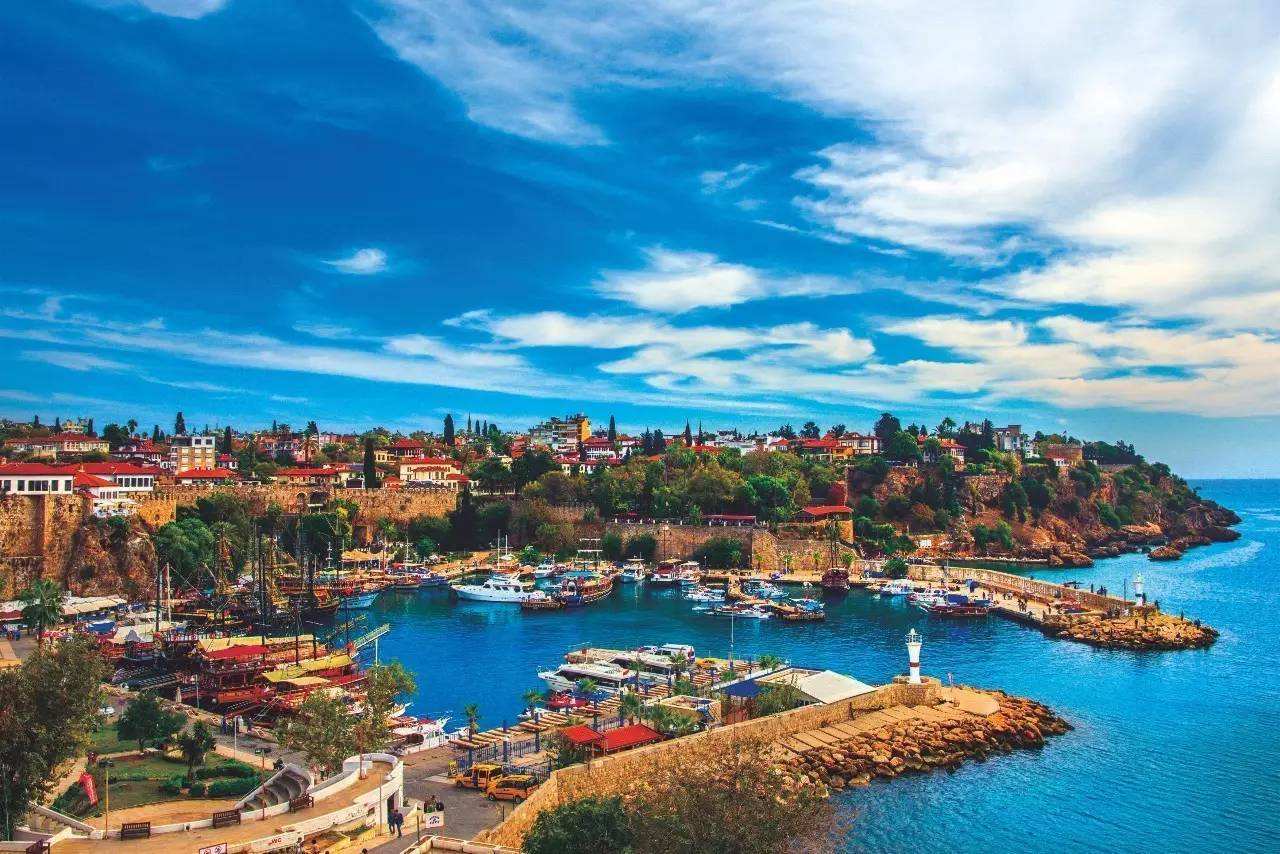
8 Environmental Protection
The Environmental Law is the core of Türkiye's environmental protection law, and the competent department is the Department of Environment and Urbanization. Depending on the nature and type of activities, investors must obtain environmental impact assessment reports and environmental permits. Failure to comply with Türkiye's environmental legislation may result in civil penalties and criminal liability.
Environmental Assessment
Türkiye's Environmental Law stipulates that some facility operators must conduct environmental assessment on the use of equipment, such as thermal power plants, nuclear fuel, metal industry, asbestos minerals, flammable and explosive, hydropower projects, waste treatment and other facilities. The Ministry of Environment and Urbanization will issue environmental impact assessment reports to enterprises based on the degree of risk posed by their physical activities, upon application, to analyze whether the use of equipment will have significant adverse effects on the environment. The Ministry of Environment and Urbanization may issue a "Positive Environmental Impact Assessment" or "Negative Environmental Impact Assessment" report on the use of equipment. Before forming the report, a public consultation meeting must be held and reviewed by a dedicated independent committee. If negative feedback is received, the relevant activities will be suspended.
Environmental Permit
Türkiye's Environmental Permit and Permit Regulations introduced a comprehensive emission permit system, which issued comprehensive environmental permits for permits covering air, noise, wastewater and deep-sea emissions. However, considering the type of operation activities, emission capacity, operation location and other factors, enterprises may also need a single permit for other emissions. For example, companies whose wastewater contains hazardous substances such as mercury and aldrin must obtain a hazardous waste storage permit in accordance with the "Regulations on the Control of Pollution by Hazardous Substances in Aquatic Environments". The Environmental Law stipulates that entities engaged in energy, mining, construction and building materials, metals, chemicals, surface coatings, forest products, food, agriculture and animal husbandry, and waste industries, as well as enterprises recognized by the Ministry of Environment and Urbanization as having a "positive environmental impact assessment", must obtain an environmental permit. This license is issued by the Ministry of Environment and Urbanization of Türkiye, and enterprises can apply to this department electronically. The license is valid for 5 years and can be extended for another 5 years after expiration. More information can be found on the following website: https://ced.csb.gov.tr .
9 Social Responsibility
When conducting investment cooperation in Türkiye, Chinese enterprises should bear corresponding social responsibilities and properly deal with resources, safety, environmental protection, labor and other issues related to production activities. Adhere to business ethics. Consciously abide by local business customs and practices, adapt to the local business environment, adhere to business principles, and establish a corporate image of integrity.
Pay attention to safety production. Türkiye has strict regulations on safe production. Enterprises should carry out production and business activities according to Türkiye's safe production and operation standards, pay attention to occupational health, and provide good working environment and conditions for employees. Respect local customs and traditions. China is a country of etiquette. Chinese people working and living in Türkiye need to respect local customs. Main points to note: Drinking alcohol is not allowed in restaurants near mosques; Be polite when interacting with women, especially those wearing headscarves; When visiting local households, it is necessary to take off shoes before entering. On traditional festivals in Türkiye, such as sending candy on Eid al Fitr and lamb leg on the Eid al Adha.
